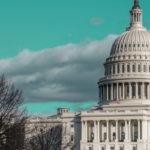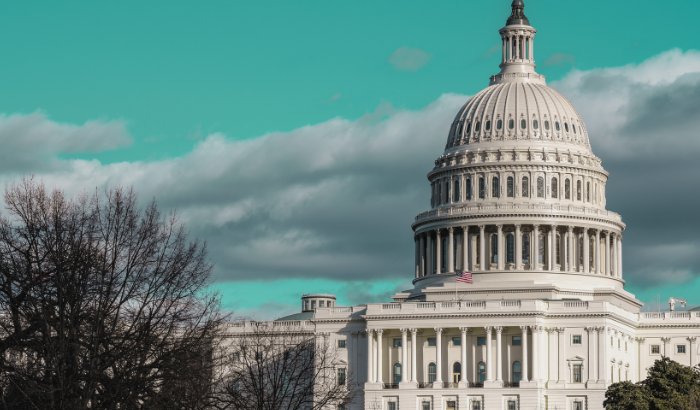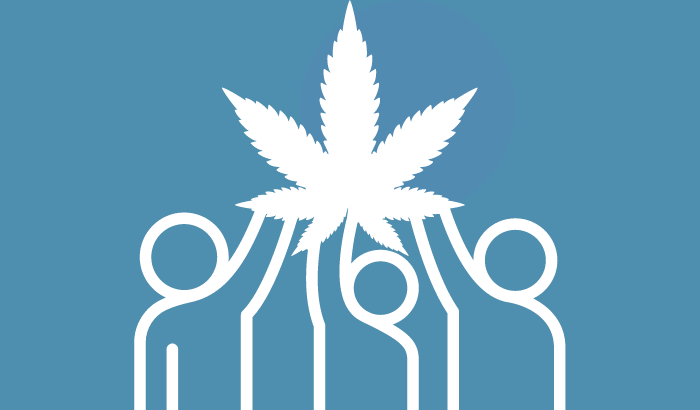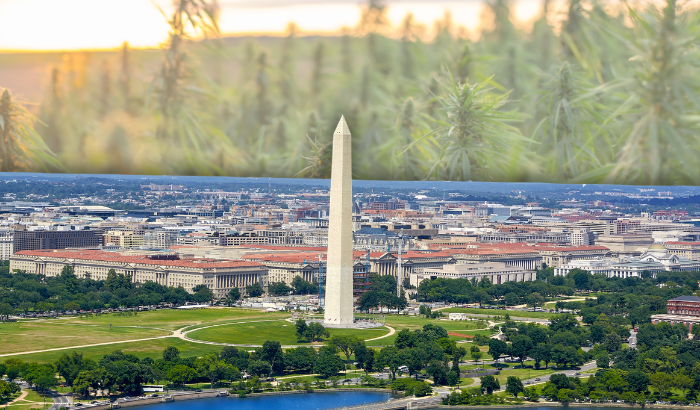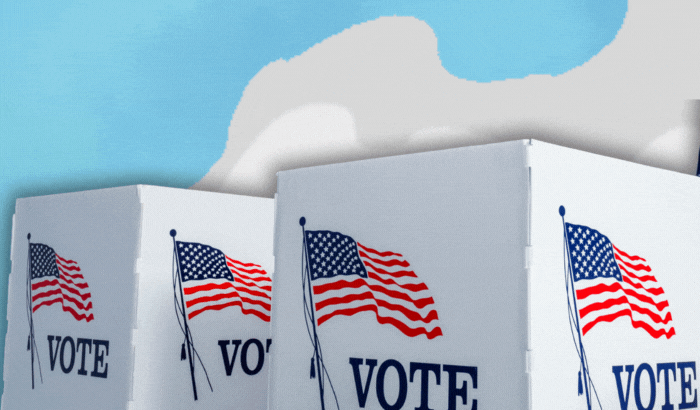
“If a majority of the votes cast are in favor, such city or town shall have authorized the consumption of marijuana on the premises where [it is] sold.”
The thing about complex cannabis laws is that you have to scrutinize them line by line to get the full bang for your taxpayer buck.
Following the passage of An Act Relative to Equity in the Cannabis Industry by state lawmakers last November, the main focus of regulators has been on tweaking rules governing relationships between businesses and the municipalities where they operate. Over the past several months, Cannabis Control Commission members and supporting staffers hustled to rewrite regulations ahead of a deadline set by the new law, also known as Chapter 180.
As it turns out, the omnibus 2022 act has an additional easter egg in a section that is relative to equity, but that specifically addresses the next major item on the CCC’s agenda: social consumption. Chapter 180 includes language that empowers voters to take a proactive position on whether their city or town will allow establishments where people can consume products when the state finally puts the relevant regulations in place. It’s still unclear if those will include clubs, lounges, yoga studios, or other kinds of businesses, but whatever the rules end up being, there’s a measure advocates can use to get ahead of any bans that prohibitionists may attempt in the future (or, alarmingly, vice-versa, since the democratic process is open to all sides). Here’s the wording straight from the state law:
The city council of a city and the board of selectmen or town council of a town shall, upon the filing with the city or town clerk of a petition meeting the requirements of this subsection, request that the question of whether to allow, in the city or town, the sale of marijuana and marijuana products for consumption on the premises where sold, be submitted to the voters of the city or town.
Here’s what you have to do to take action:
The petition shall be on a form prepared by the state secretary, signed by not less than 10 per cent of the number of voters of the city or town who voted at the preceding biennial state election and submitted in a timely manner, after filing the petition with the city or town clerk, to the board of registrars or election commissioners. The board of registrars or election commissioners shall certify the signature of registered voters not more than 7 days after receipt of the petition.
If the signatures pass muster, “the following question, and a fair and concise summary of the question to be prepared by the city solicitor or town counsel, shall be placed on the ballot for the next regularly occurring municipal or state election in the city or town: Shall [city or town] allow the sale of marijuana and marijuana products … for consumption on the premises where sold, a summary of which appears below?”
You’re on your way. From there, “if a majority of the votes cast in the city or town are in favor, such city or town shall have authorized the consumption of marijuana and marijuana products on the premises where sold.”
Alternatively, if local leaders want their municipality to be on the right side of history, Chapter 180 gives them an option to make the first move. As long as they are for social consumption, there doesn’t have to be a ballot referendum. If officials are against the idea of allowing such establishments, however, voters can still use the tools provided under Massachusetts law:
As an alternative to a local voter initiative petition process under paragraph, a city or town may, by ordinance or by-law, allow the consumption of marijuana or marijuana products on the premises where sold. No local voter initiative shall be required if the sale of marijuana and marijuana products for consumption on the premises is authorized by local law.
While some industry stakeholders and attorneys may have been aware of this little-known local lever, it’s hardly common knowledge. Dan Berger, a co-founder of the Salem-based delivery operator Grassp Ventures LLC, told Talking Joints Memo that he was the first person to request papers from the secretary of the commonwealth to get the ball rolling on a preemptive petition.
“I have been working on social consumption for a few years, trying to get some bylaw changes in a couple of municipalities, so I’ve been paying attention,” he said in a brief phone interview on Tuesday. A Social Equity program participant and equity partner in his company, Berger described the ballot opportunity as a tool for people with an interest in eventually operating in a “reluctant municipality.”
“This [section] may have been overlooked,” he added, “but this mechanism has been in place since last November. This is why I’m trying to scream it from the mountaintops—there is a presidential election next year, and right now, annual town meetings are coming up around Massachusetts. Organizers need to have these petitions waiting in the wings.”
We will follow up with petitioners and the secretary of state’s office if there are signs of real organizing or resistance on this front. For now, Berger said Mass election officials are now ready to educate the public about how social consumption initiatives work.
As for whether the louder response will come from those who want to bring cannabis event spaces to their towns or from those who hope to ban them—at this point, with these obscure lines in the 2022 law only now coming to light, we’ll have to wait until next November for binding answers.
“Even if municipalities move to ban,” Berger said, “this will give folks a way to organize and get it on the ballot.”




